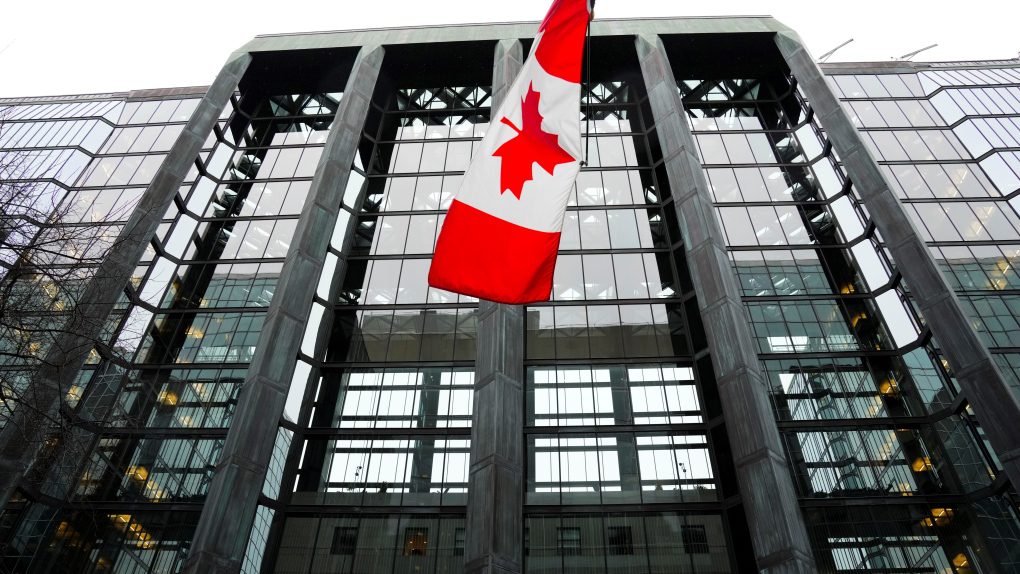Global Courant 2023-05-18 19:15:21
The Bank of Canada pointed to early signs of financial stress among Canadian households as one of the top risks in the financial system. The unprecedented rise in interest rates has pushed up household costs, a vulnerability should a recession come.
“Increased interest rates and falling house prices have reduced the financial flexibility of many households,” reads the bank’s Financial System Review, published Thursday.
Due to the higher cost of paying off mortgages, homebuyers have become more dependent on credit card debt, which has exceeded pre-pandemic levels.
The median debt service ratio, which looks at household net income and the portion of it that goes towards paying off their mortgages, has risen to 19 percent by 2022. Nearly 30 percent of mortgages have households with a median of 25 percent or more of their income to handle their payments.
A third of mortgages have seen an increase in payments since February last year and all mortgages will have increased payments by 2025-2026, when the extensions take place.
The increase in costs will be highest among households with a fixed-rate mortgage, which will see their repayments increase by 20 to 25 percent in 2025 or 2026. Fixed-payment borrowers see a 40 percent increase that same year. Floating rate holders have already seen their payments increase by 50 percent in the past year.
The bank says households that bought into the housing market during the price spike during the COVID-19 pandemic will experience the most hardship going forward.
To help alleviate those monthly costs, the share of mortgages with repayments longer than 25 years has been increased from 34 percent in 2019 to 46 percent in 2022. The bank does not see this as permanent, but as a short term. term measure that homeowners take to counter rising interest rates.
The central bank did not rule out an increase in its policy rate last month. Despite expectations that inflation would continue to fall, Statistics Canada reported that inflation rose 4.4 percent last month, compared to March’s 4.3 percent increase.
Other major risks in the financial sector are the recent banking tensions in the United States, with the defaults of Silicon Valley Bank, Signature Bank, Credit Suisse and most recently First Republic Bank this spring. The bank sees these defaults as an ongoing adjustment in the regional banking sector.
The tightening of liquidity in the banking sector also remains a concern, especially as banks’ funding costs have risen. This remains an important risk if a recession strikes.








